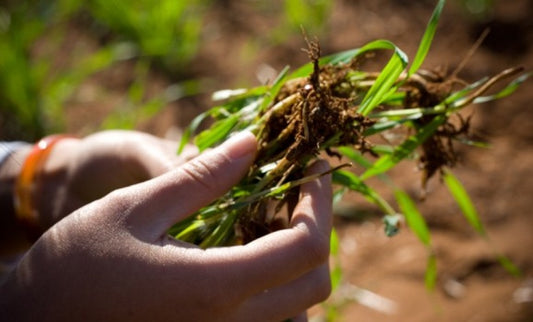What the UN Climate Change Report says:
We’ll reach the benchmark of a 1.5°C temperature rise by the year 2040.
The report bluntly states a 1.5°C temperature rise will happen in the next two decades. Further, that outcome is the best of all possible outcomes if we can keep temperatures from going higher. Using large sets of data and multiple predictive models, the report maps out possible ways global warming will unfold. By way of showing how much danger lies ahead, the report models two potential best-case scenarios, should the world find ways to significantly reduce carbon dioxide (CO2) emissions. In one, global temperatures stabilize at 1.5°C around 2040. In the other, temperatures briefly rise above 1.5°C, then drop back down and stabilize sometime after 2040. In both of these models, island nations still disappear, polar ice-melting still happens, temperature swings still increase – just not as much as if we do nothing.Once global temperatures reach 1.5°C, they will keep rising.
We know from historical records that temperatures have already risen 1°C since the pre-industrial era. Currently, they are increasing at an average of 0.2°C each decade, a rate that will likely snowball over time. While it may seem like a small number, we already know a few things about the impact of an extra 1°C: severe drought, dramatic weather, dangerous heat waves, ocean level rise, coral reef die-offs, and impacts on species diversity, to name a few. If we do not make a significant effort to curb CO2 emissions, this number and its associated risks will rise steeply over the next century.Small changes in global temperatures mean big changes for humans.
The impacts of that 1°C can be felt across the world. Temperatures do not increase at the same rate in all locations, so some places have been more affected than others. Warming swings are more severe on continents, particularly the Arctic in the cold season and mid-latitude regions in the warm season. As global temperatures rise, a cascade of consequences follow: melting ice and snow reduces the reflectivity of solar energy so that more heat is absorbed by the land, speeding up global warming. Soil bone-dry from drought reduces cooling caused by the evaporation of soil moisture. This allows hotter and longer heat waves. Weather patterns change, causing intense drought in some places, flood-inducing rain in others. Ocean levels rise, from both the melting ice and the rising temperatures (water expands as it warms), taking island nations and coastal communities with it.How do we stop this from happening? Emissions have to be “net zero” from here on out.
“Net zero” means we have to stop producing CO2 at a rate faster than the oceans and biosphere can cycle it. The response needs to be immediate and wide-spread to achieve net zero in time to avoid crossing the 1.5°C barrier. The report singles out several key areas to improve. The top three:- increasing energy from renewable sources
- electrifying transport
- significantly reducing the carbon footprint of the food we consume
This sort of change is hard, complex, and requires co-operation.
The report explores various interconnected systems to illustrate how difficult making even one small change on a global scale can be. It stresses the importance of political policy in creating change, along with education and widespread public buy-in. It notes that the scale of rapid change – and co-operation – required to stabilize a 1.5°C increase has no historical precedent.The Paris Agreement as it stands is not enough.
Each country involved in the Paris Agreement assessed specific goals and actions to complete by the year 2030. The report contends that the goals pledged and signed into the Agreement are not enough to keep from surpassing the 1.5°C threshold. By 2030, when the inadequacies of these pledges will start to show themselves, it will be too late to fix them. The models show that in order to keep to 1.5°C or below, more needs to be done today, not tomorrow.Would you like to be the first to hear about our new products and more? Sign up for our Nature’s Path Newsletter.








